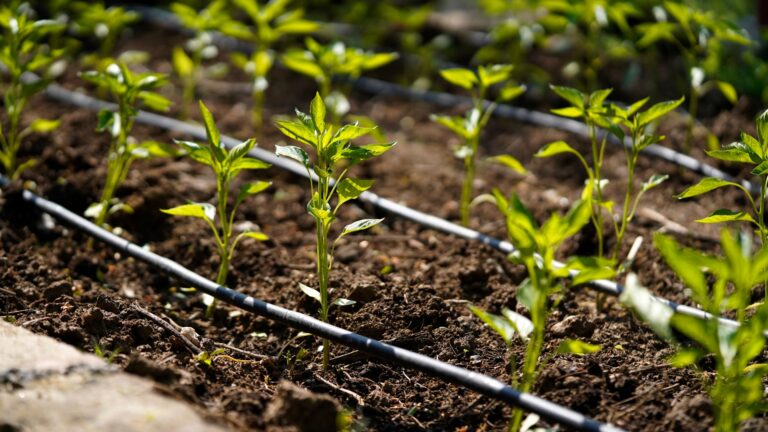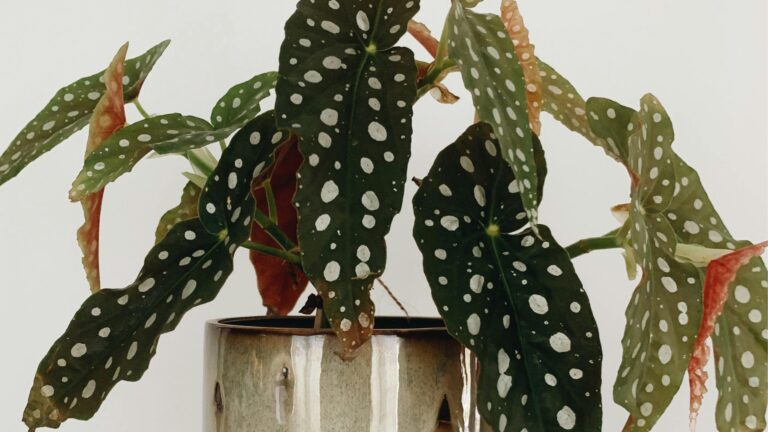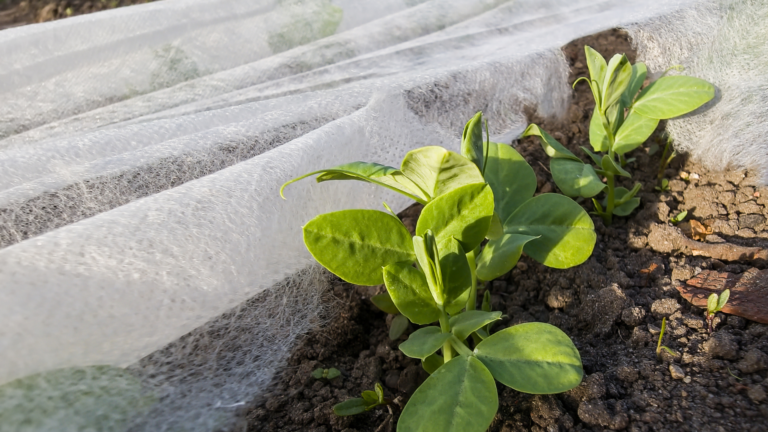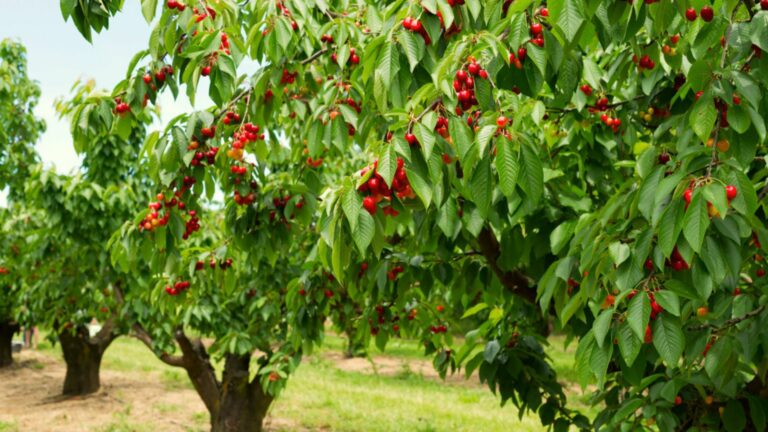Florida Homeowners Should Watch For Restrictions On These Everyday Garden Tools
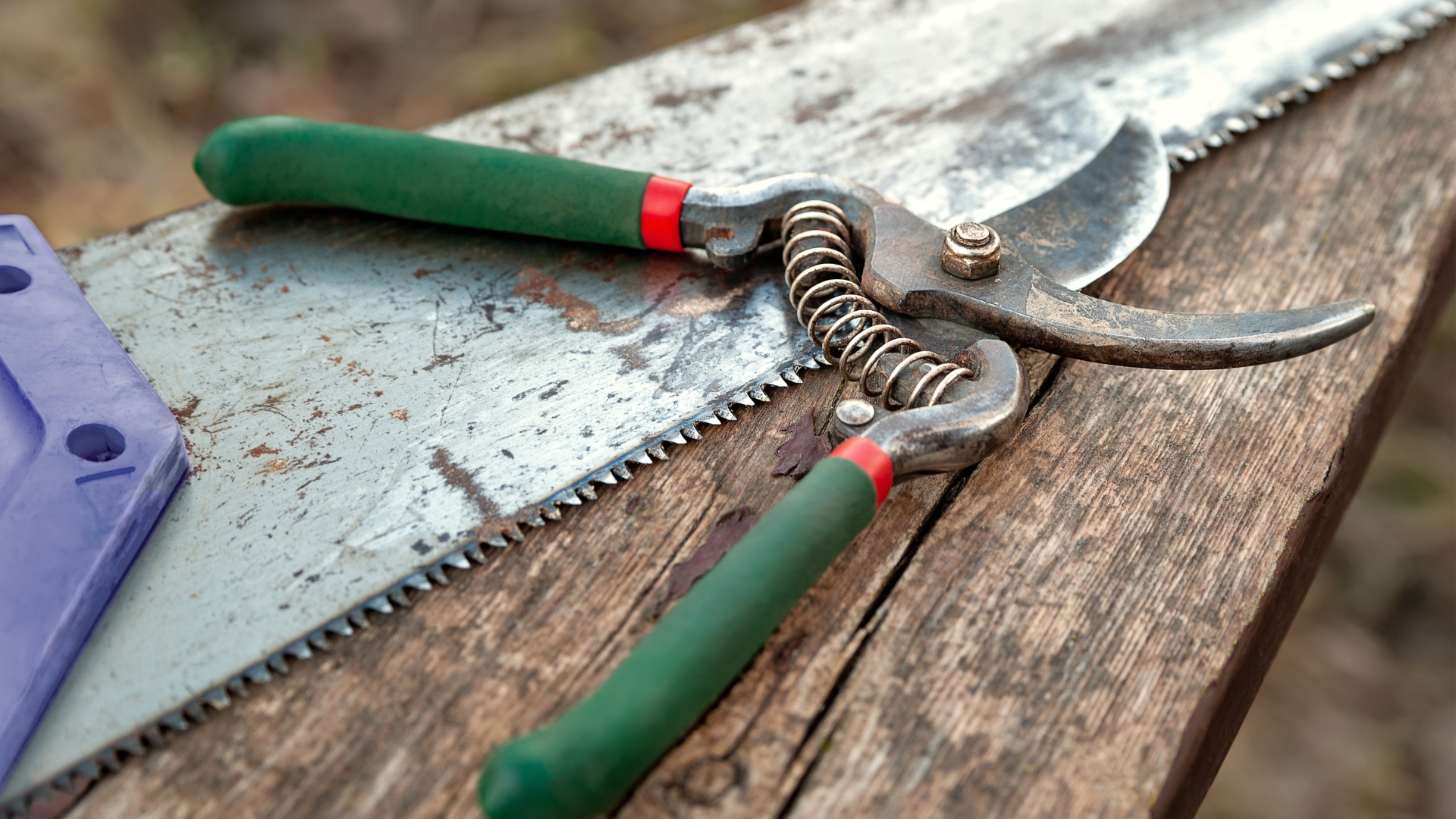
In Florida, even your everyday garden tools could come under new restrictions—so it’s smart to stay in the loop. I found out the hard way that some landscapers began phasing out gadgets I’d barely thought about.
Now I keep a close eye on what’s allowed, especially when rule changes sneak up on homeowners. Simple tools like leaf blowers or hedge trimmers could suddenly need permits or face usage limits.
Stay informed, and you’ll avoid surprises when it’s time to tidy up the yard!
1. Gas-Powered Leaf Blowers
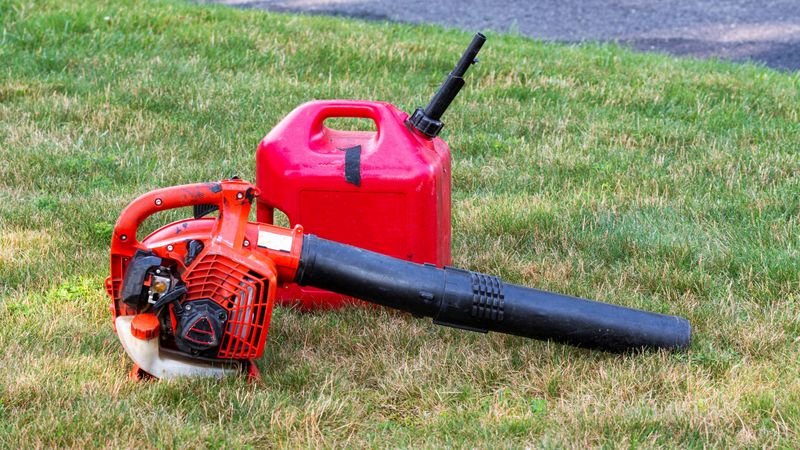
Several Florida municipalities have enacted strict time-of-use restrictions on these noisy machines. Miami Beach and Naples limit operation to certain daylight hours, protecting the peace in residential areas.
The powerful airflow can also disturb protected wildlife habitats, especially during nesting seasons. Always check your local noise ordinances before firing up your leaf blower on weekend mornings.
2. Automatic Sprinkler Systems
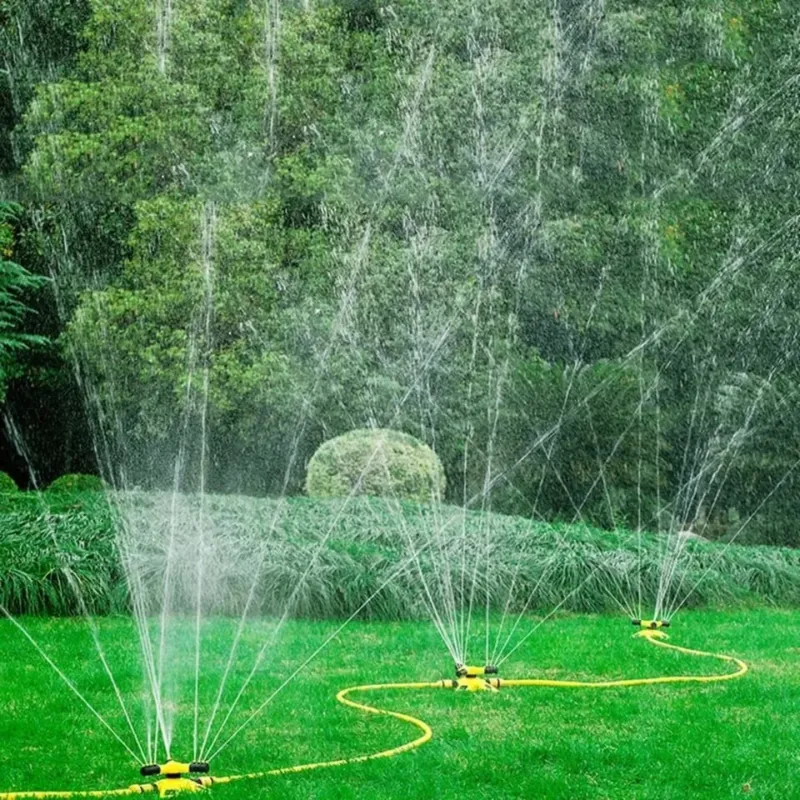
Water conservation is serious business across Florida’s drought-prone regions. Many counties enforce strict watering schedules based on your address number, limiting irrigation to specific days and times.
Violations in places like Orange County can result in hefty fines starting at $25 and climbing with repeat offenses. Smart controllers that adjust to weather conditions are becoming mandatory in some communities.
3. Chemical Weed Killers
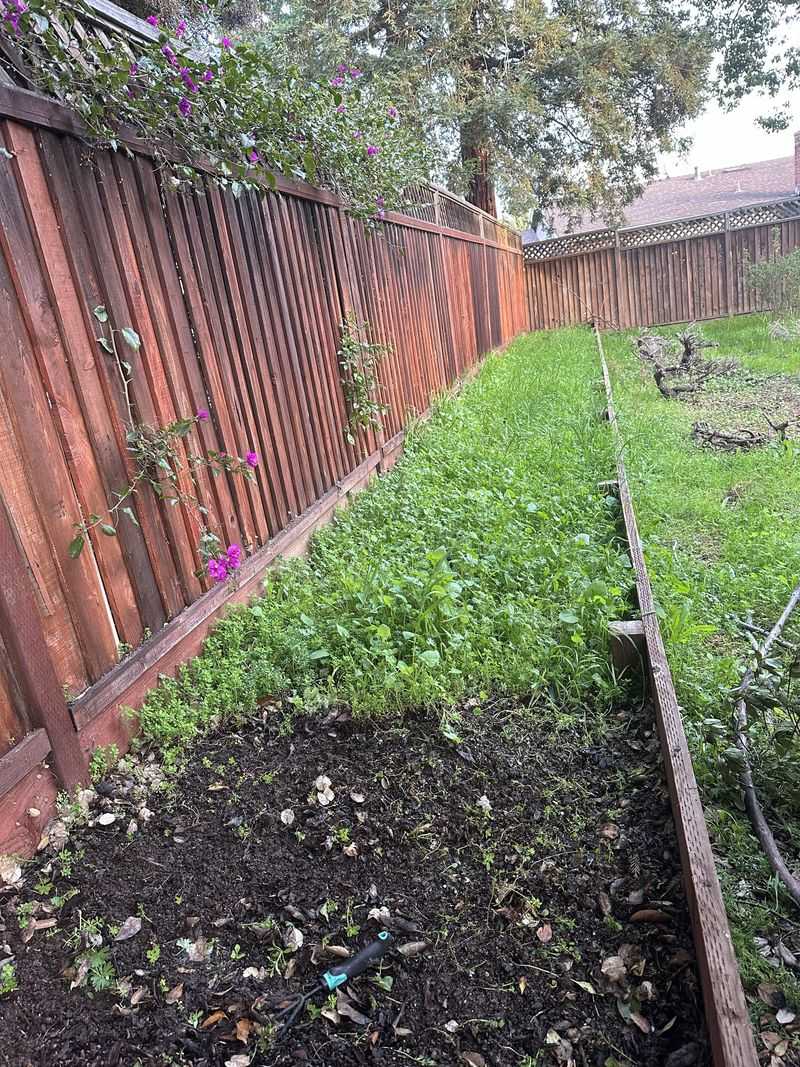
Florida’s unique ecosystem means certain herbicides face tight controls. Products containing atrazine are increasingly restricted near waterways to protect the state’s vulnerable aquatic life and drinking water sources.
Communities bordering the Everglades have particularly strict rules about runoff. Always read labels carefully and consider that some HOAs in South Florida have banned certain formulations entirely to protect local wildlife.
4. Pressure Washers
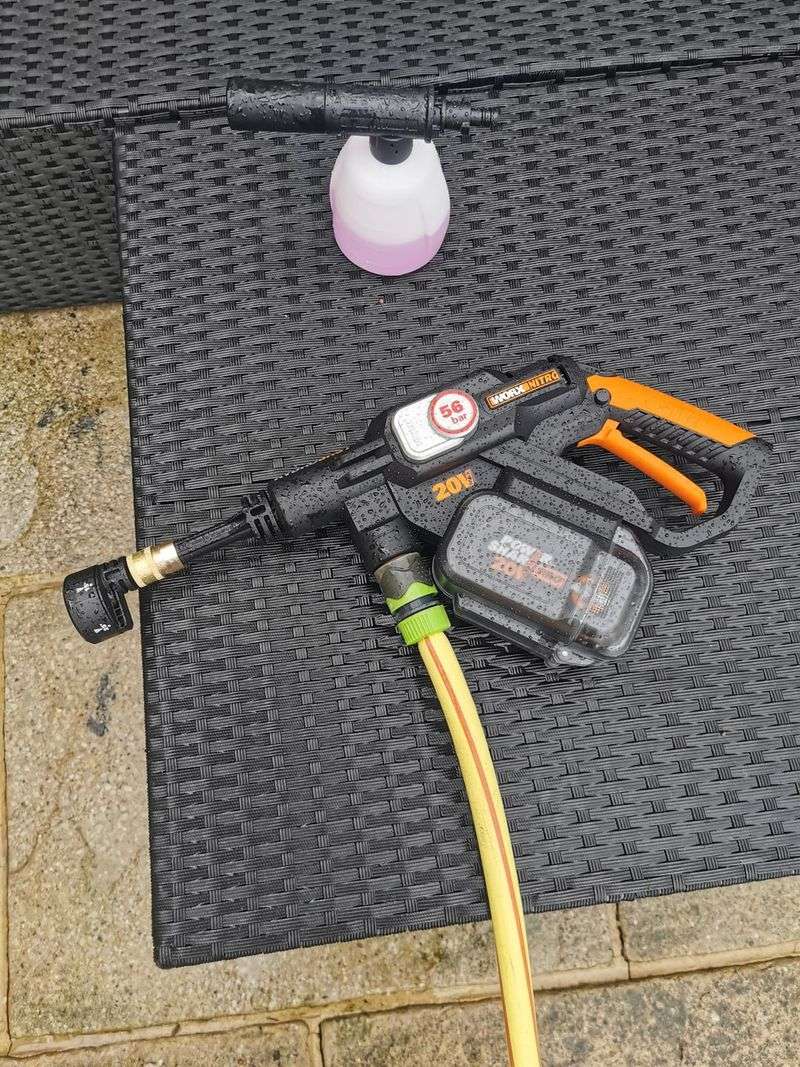
The runoff from pressure washing can violate Florida’s strict water quality regulations. Many coastal communities require water reclamation systems when cleaning driveways or patios to prevent contaminated water from entering storm drains.
Palm Beach County specifically prohibits washing chemicals into waterways. Using biodegradable cleaning solutions is often mandatory, especially in areas near sensitive ecosystems like mangroves or coral reefs.
5. Gasoline-Powered Mowers
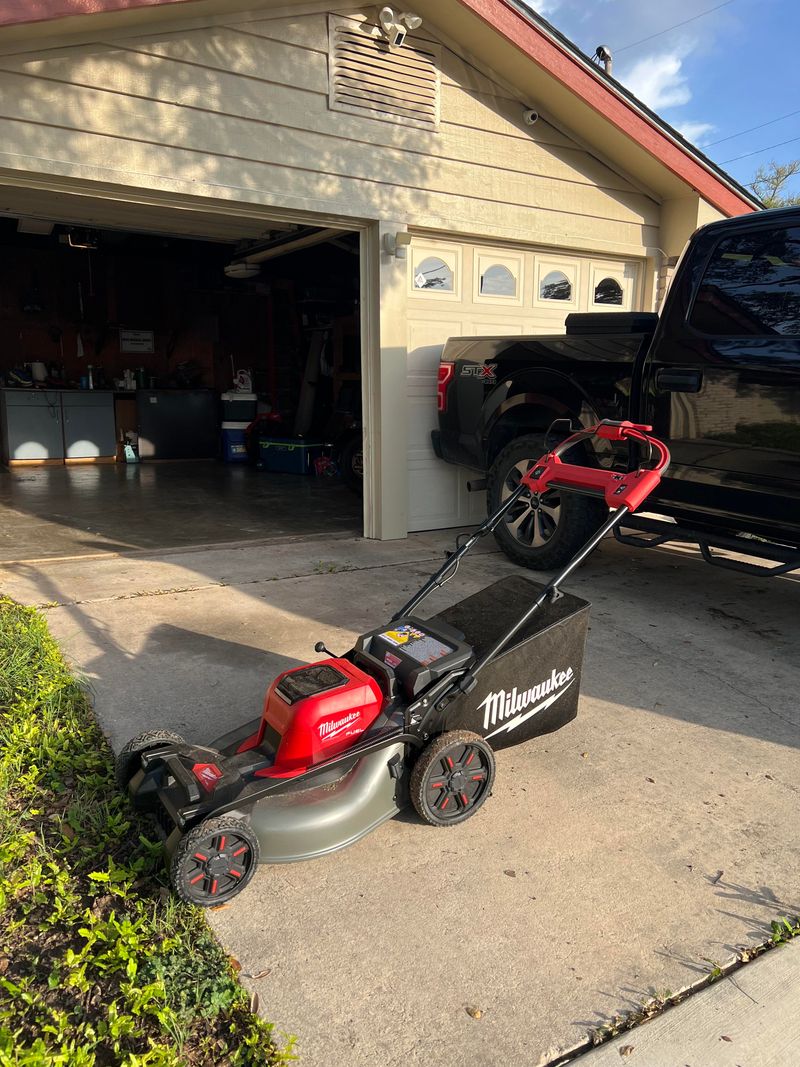
Noise ordinances in Florida communities often restrict when you can mow your lawn. Key West and other municipalities limit gas mower operation to between 8 AM and 8 PM to preserve neighborhood tranquility.
Emissions regulations are tightening across the state too. Some planned communities in Central Florida are beginning to encourage electric alternatives through rebate programs and gradually phasing out gas models.
6. Tree Pruning Equipment
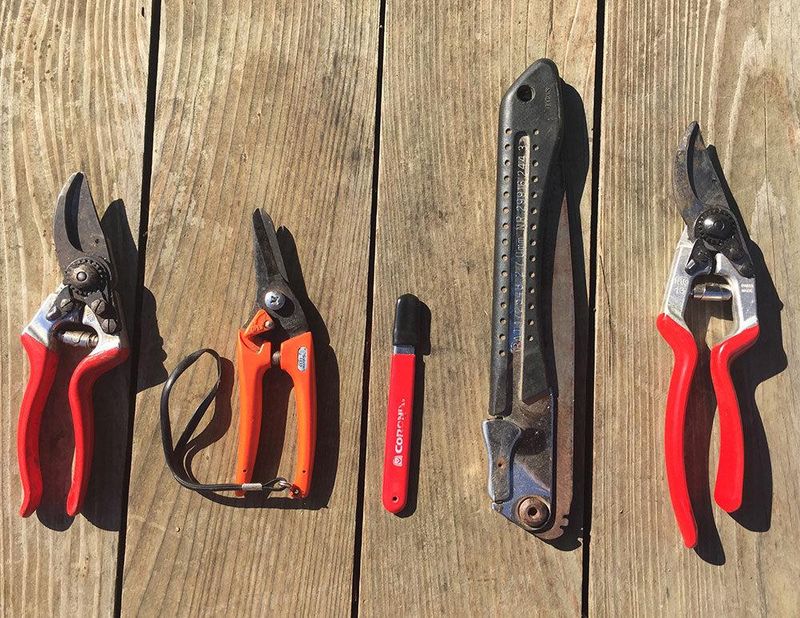
Many Florida municipalities require permits before pruning certain protected tree species, even on private property. Using chainsaws or pole pruners on live oaks or mangroves without proper authorization can result in significant fines.
Naples and Sarasota have particularly strict tree ordinances. Always verify local regulations before trimming anything larger than ornamental shrubs, especially if you live in a historic district or coastal area.
7. Mechanical Tillers
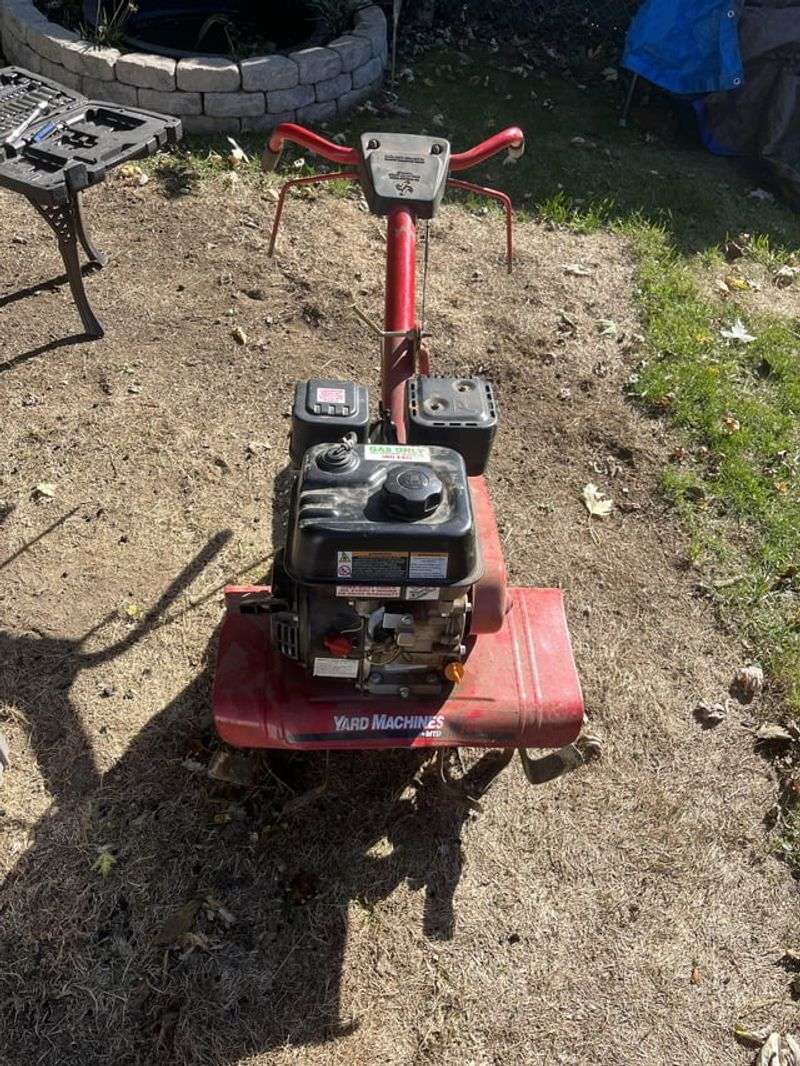
Using tillers near protected wetlands can violate Florida’s environmental regulations. Many counties restrict soil disturbance within certain distances of water bodies to prevent erosion and protect water quality.
The Florida Department of Environmental Protection monitors these activities closely in places like Marion County. Always check property setback requirements before breaking ground, especially if your property borders conservation areas or water features.
8. Fertilizer Spreaders
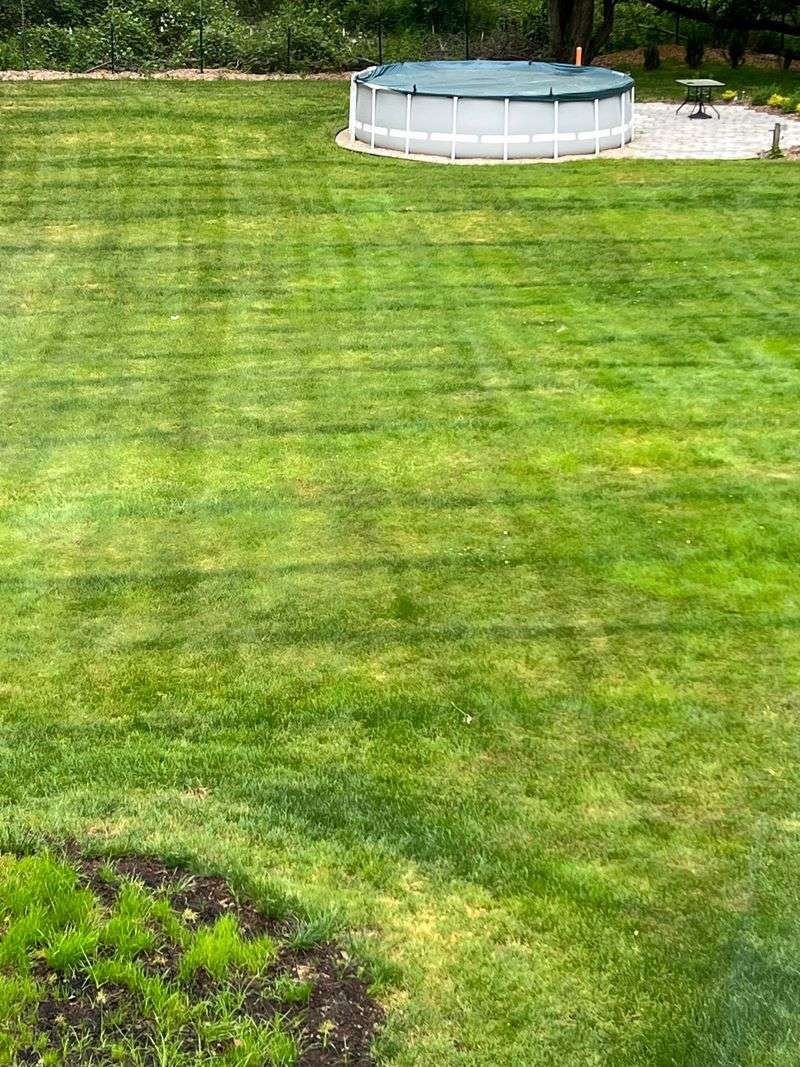
Florida’s unique waterways face serious threats from nutrient pollution. Over 50 counties enforce summer fertilizer bans, prohibiting nitrogen application during rainy months (typically June through September).
Sarasota County pioneered these restrictions to protect their delicate marine environments. Using spreaders during blackout periods can result in fines, and some areas require special slow-release formulations year-round to minimize runoff impact.
9. Water Hoses and Nozzles
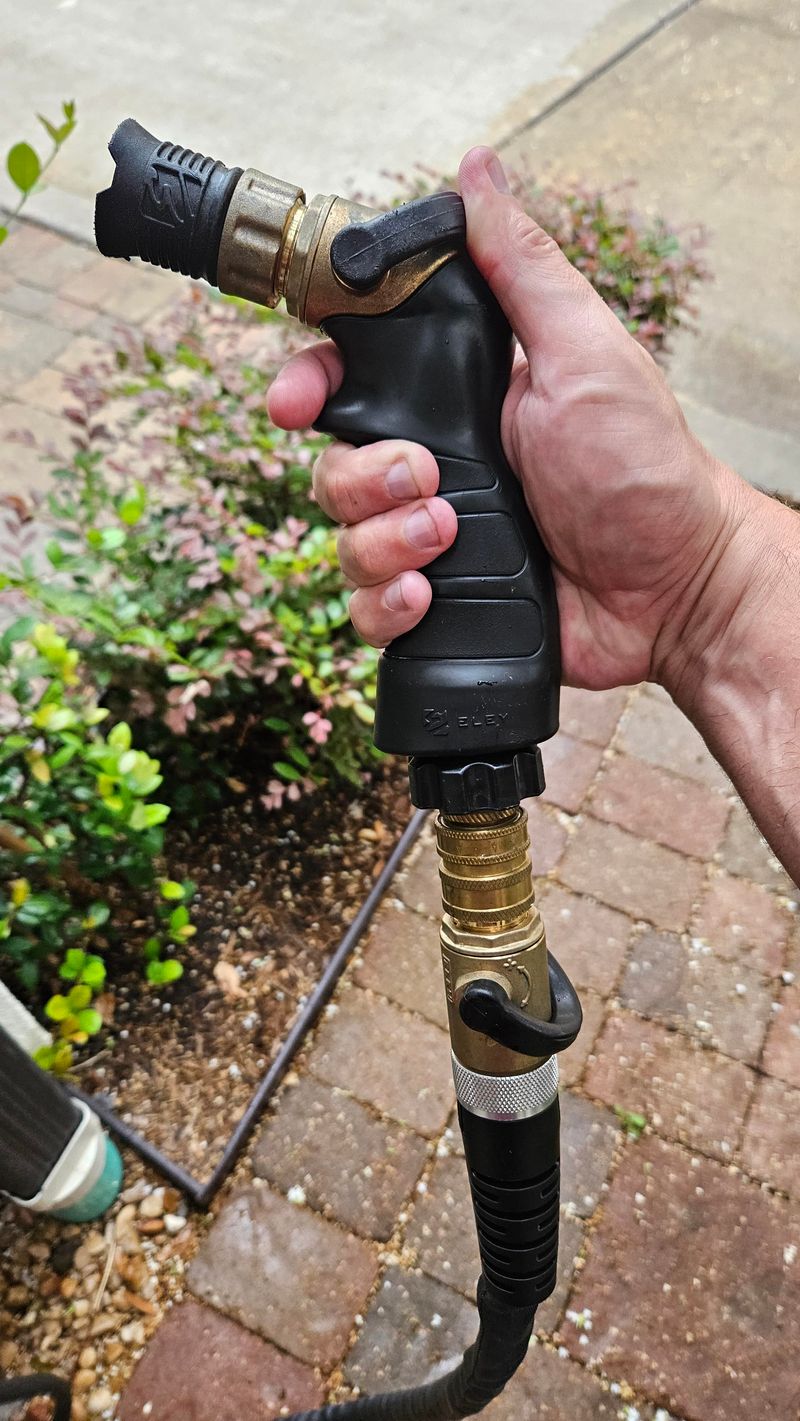
During drought conditions, many Florida water management districts restrict hose use for activities like car washing or recreational purposes. Hoses without automatic shut-off nozzles are increasingly prohibited across the state.
Tampa Bay residents face particular scrutiny during water shortages. Some communities require special permits for filling swimming pools, and leaving a hose running unattended can trigger automatic fines in water-restricted counties.
10. Compost Tumblers
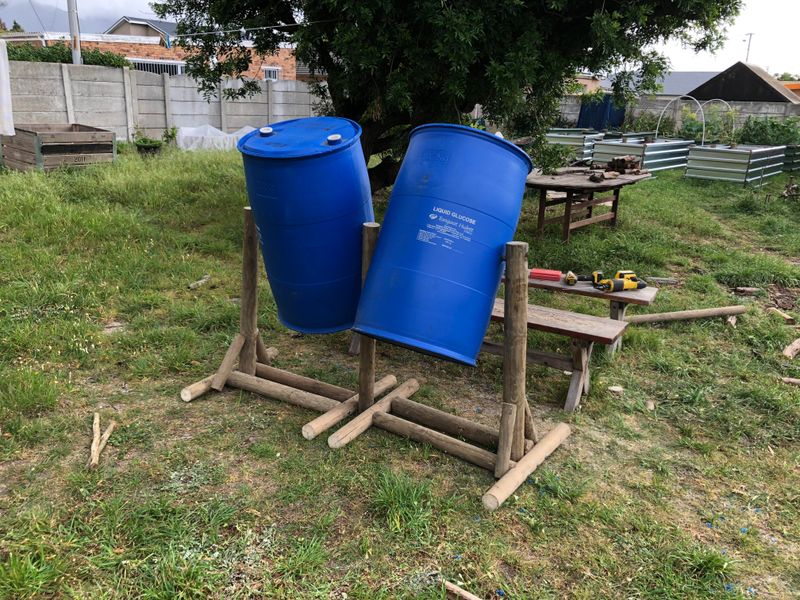
Florida’s warm climate makes compost management tricky from a regulatory standpoint. Many HOAs restrict compost bins due to concerns about attracting wildlife, particularly in areas with alligator populations.
Fully enclosed tumblers are mandatory in places like Fort Lauderdale to prevent pest issues. Some communities require setbacks from property lines and prohibit certain food scraps that might attract rodents or invasive species common to the Sunshine State.
11. Electric Hedge Trimmers
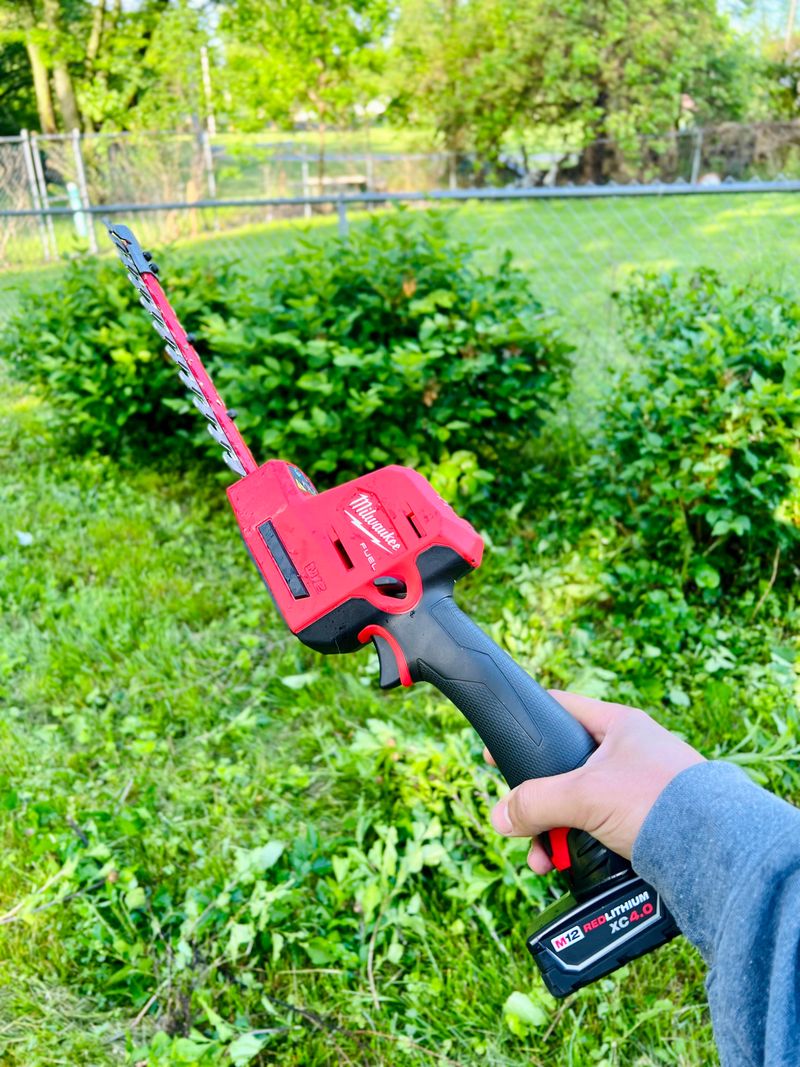
While less restricted than gas models, electric trimmers still face usage limitations in many Florida communities. Noise ordinances in places like Coral Gables restrict operation to certain hours, regardless of power source.
Trimming vegetation along property boundaries often requires neighbor notification in South Florida counties. Some protected plant species cannot be trimmed at all without permits, especially in coastal communities with native buffer requirements.
12. Mosquito Foggers
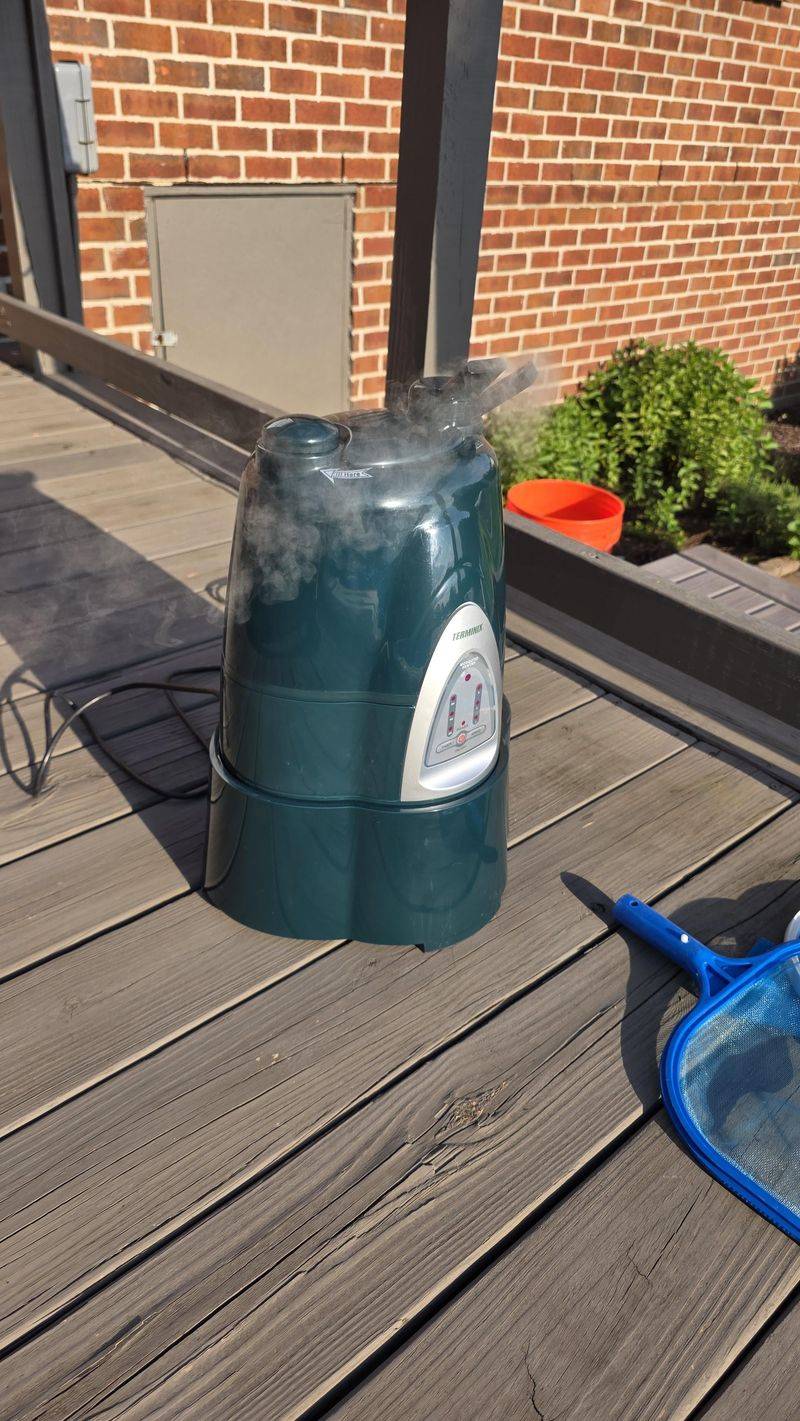
Florida’s battle with mosquitoes has led to complex regulations on personal fogging equipment. Many counties restrict chemical foggers due to potential harm to beneficial insects and wildlife, especially near waterways.
Martin County residents must follow strict guidelines about which products can be used. Some communities near natural preserves prohibit residential fogging entirely, deferring to county-wide mosquito control programs instead of individual treatment.
13. Garden Hose Timers
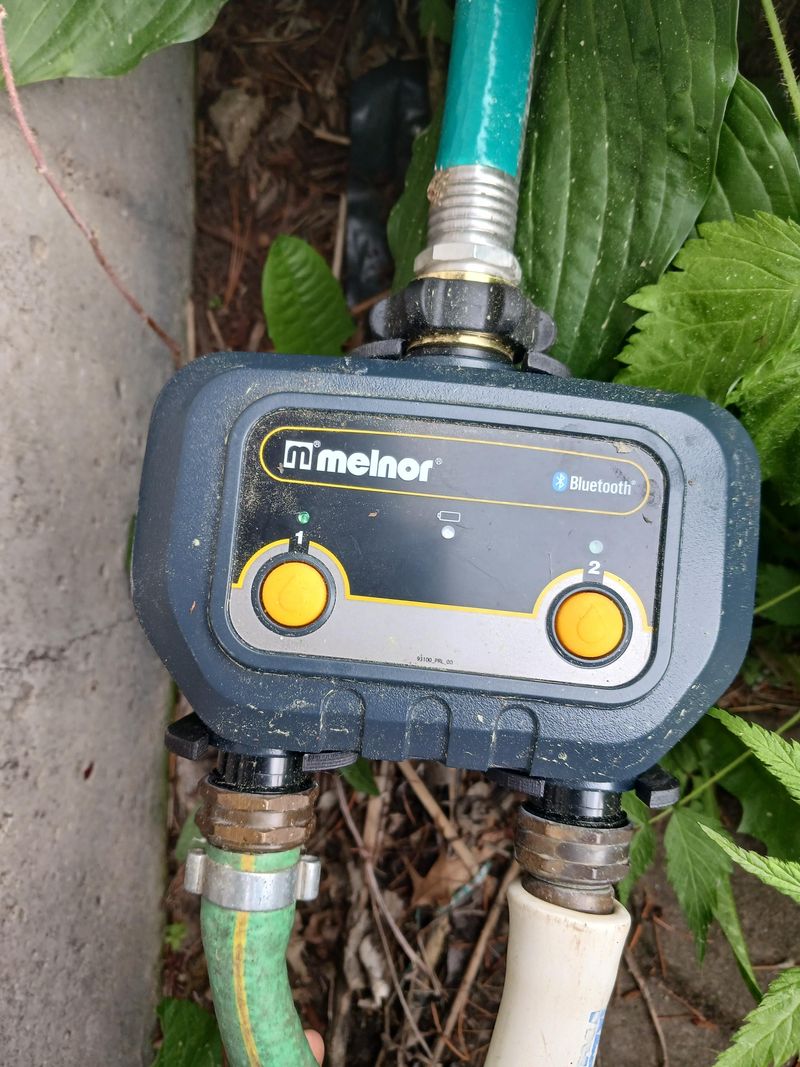
Automated watering systems, including simple hose timers, must comply with local water restrictions across Florida. Many counties require rain sensors to prevent watering during or after rainfall.
Violations in water-conscious communities like Orlando can result in warnings and fines. Some water management districts require timers to be registered with local authorities, especially in areas experiencing recurring drought conditions or aquifer depletion.
14. Outdoor Power Washers
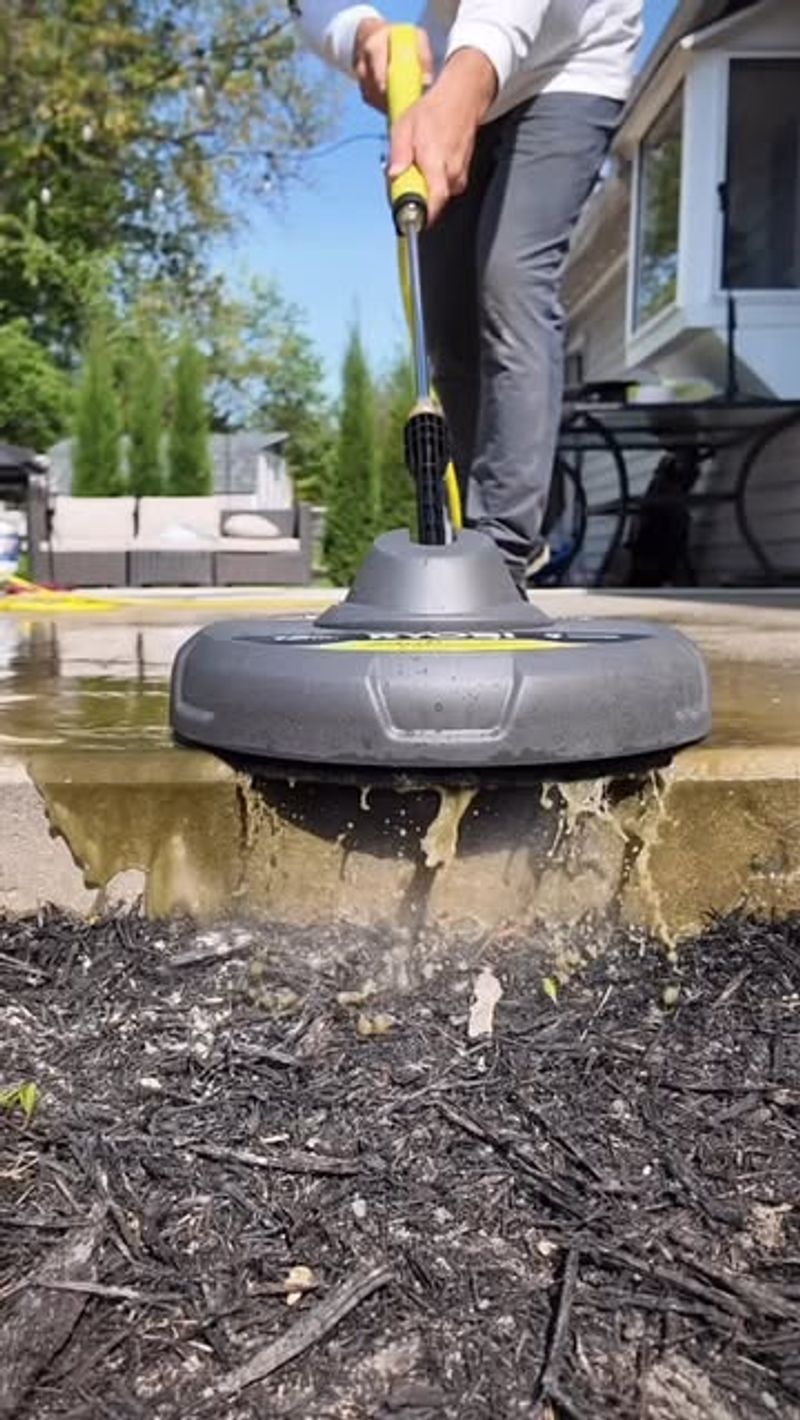
Using power washers during water restrictions can violate Florida conservation ordinances. Many coastal communities limit power washing to certain days matching residential watering schedules.
Brevard County residents must adhere to specific guidelines about cleaning chemicals. Recapturing runoff is increasingly mandatory near storm drains, with some municipalities requiring professional certification for power washing businesses to protect local waterways.
15. Garden Mulchers and Shredders
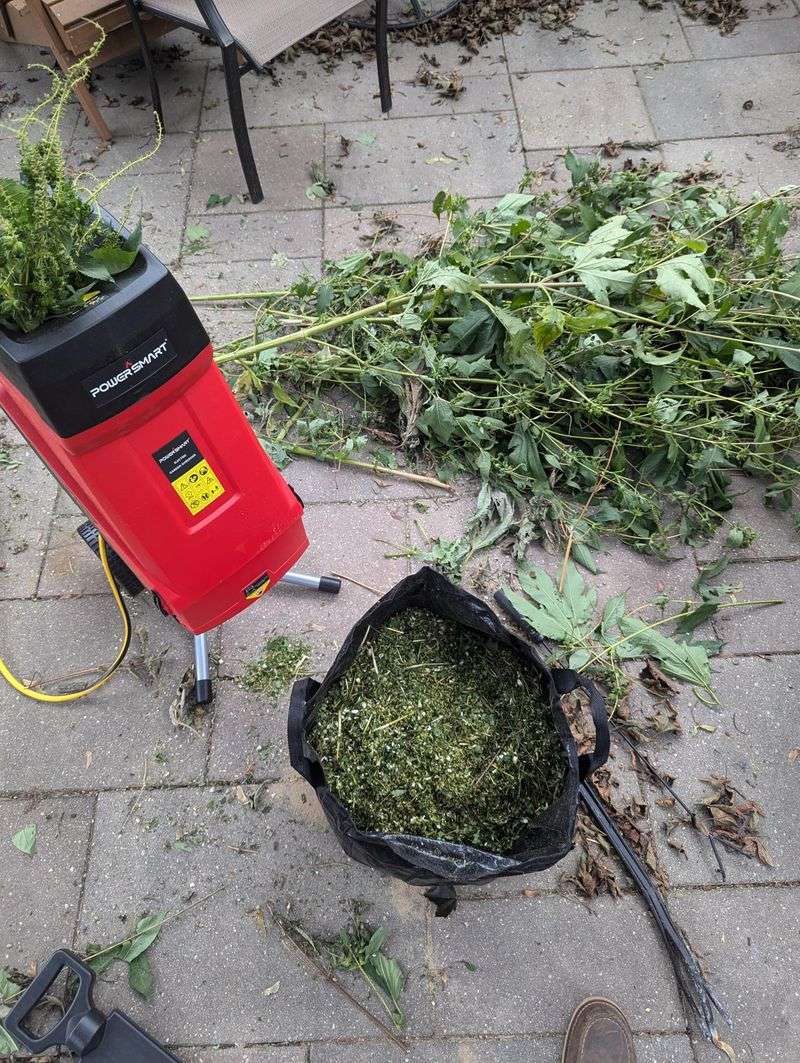
Noise regulations affect the use of garden shredders throughout Florida neighborhoods. Many communities restrict operation to weekday business hours, with stricter limitations on weekends.
Volusia County has specific guidelines about processing yard waste. Some municipalities require containment systems to prevent debris from entering stormwater systems, and certain invasive plant species cannot be mulched due to spreading concerns.


